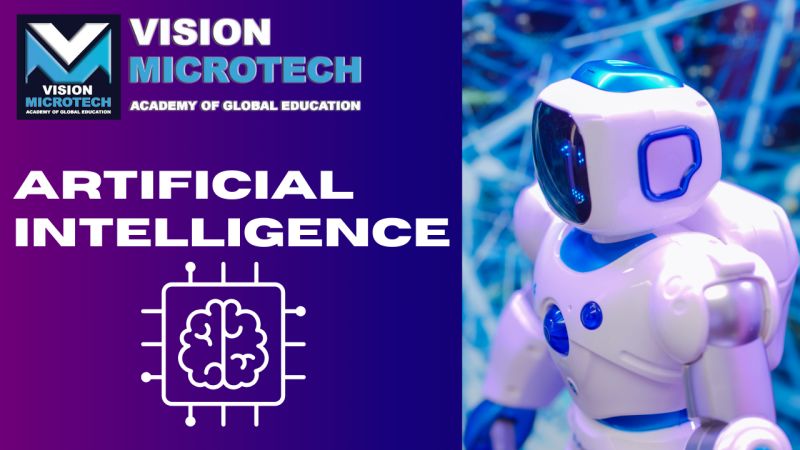Artificial Intelligence (AI) refers to the simulation of human intelligence in machines that are programmed to think, learn, and perform tasks typically requiring human intelligence. These tasks include things like problem-solving, decision-making, speech recognition, visual perception, language translation, and more. AI can enable machines to perform tasks more efficiently and often faster than humans.
AI is built on the concept of creating systems that can mimic human cognition. These systems can process information, adapt to new situations, and improve their performance over time through learning (machine learning).
Benefits of AI:
- Efficiency and Speed: AI can process vast amounts of data quickly, performing tasks more efficiently than humans.
- Automation: AI automates repetitive tasks, freeing up humans to focus on more creative and strategic roles.
- 24/7 Availability: AI systems don’t need breaks, meaning they can work continuously.
- Personalization: AI can provide tailored recommendations and experiences, enhancing customer satisfaction.
Challenges and Concerns:
- Job Displacement: Automation driven by AI could lead to job loss in certain industries, especially for routine tasks.
- Bias and Fairness: AI algorithms can inherit biases from the data they are trained on, which can lead to unfair or discriminatory outcomes.
- Security and Privacy: AI systems need to be secured to prevent malicious use, and data privacy concerns arise when collecting and analyzing personal information.
- Ethics and Control: The rapid development of AI raises ethical concerns about control, accountability, and the potential for AI systems to act in ways that humans cannot predict or understand.
